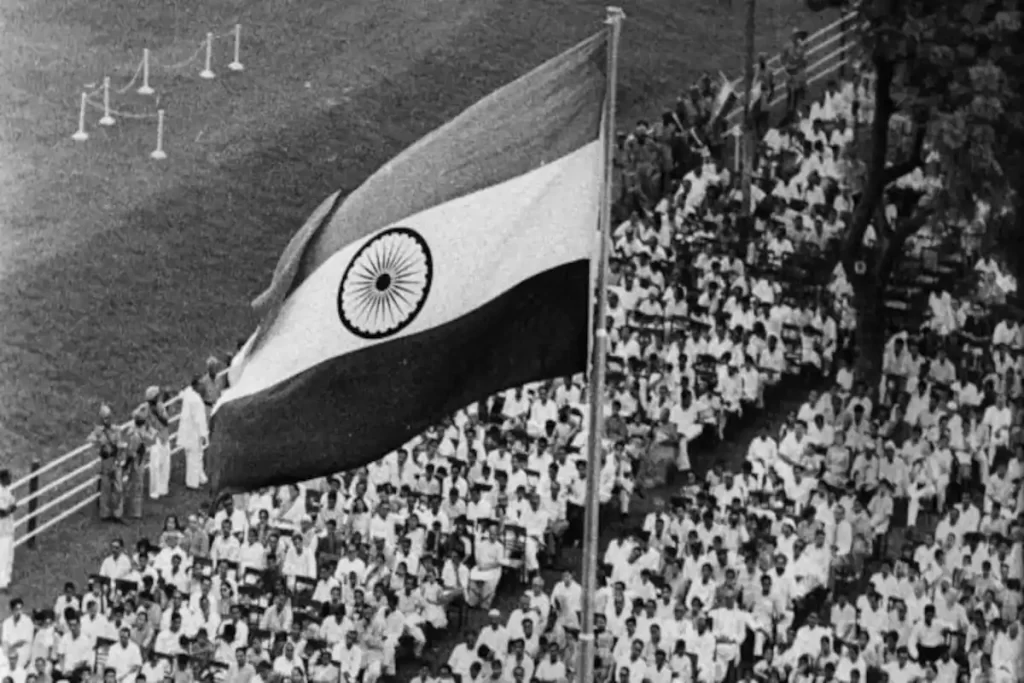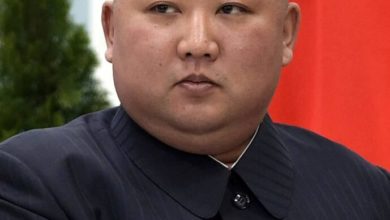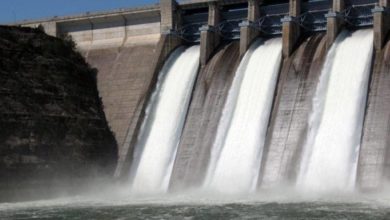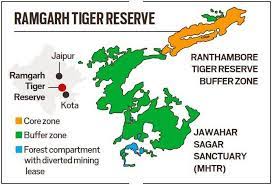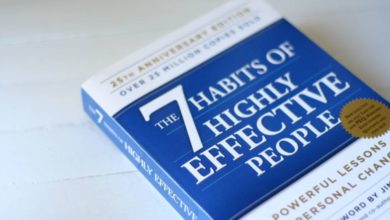The Spirit of Spirited Away
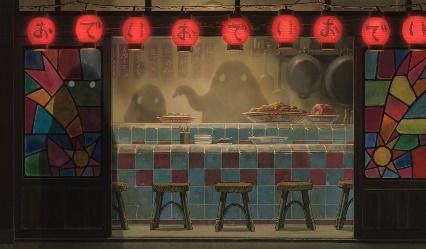
“Hold your breath till you cross the bridge…”
-Article by Sukanya Chaudhury
When one sits to watch this 2001 animated feature film, the spectator, in all sense, gets ‘spirited’ away to Miyazaki’s world of magical realism. Written and directed by Hayao Miyazaki, Spirited Away is a Studio Ghibli production and is considered to be one of the finest works of Ghibli and Miyazaki- having bagged the 2003 Academy Award for the ‘Best Animated Feature Film’. Being the second highest-grossing film in Japan, Spirited Away has an estimated box office revenue of ¥ 31.68 billion: having been only recently surpassed in 2020 by another animated film called Demon Slayer: Kimetsu no Yaiba the Movie: Mugen Train.
The film’s top placement in the chart for nineteen years straight is a testament to the genius of its production, animation and storyline. Unlike recent animations, each scene of Spirited Away was hand-drawn and the 124-minute film is said to have twenty-four frames per second. This magnanimous and overwhelming task of drawing twenty-four scenes for one second of the film explains it is so critically acclaimed not only in Japan but worldwide. The scenes of the film, with minute attention to details, further the fantastical quality of the story. No background element has been left neglected or uncoloured but instead, many frames have been provided which do not necessarily add to the progression of the plot. One may question the need for such idle frames especially when the task of hand-drawing 1,78,560 frames is undeniably meant to be arduous. In most of Miyazaki’s films, one gets familiarised with such scenes of respite that are ever so present strategically and infrequent intervals: scenes of the lush green landscape, of gently flowing streams, of shops filled with mild, distant chatter and plates laden with food. According to Miyazaki, “We have a word for that in Japanese. It’s called ‘ma’. Emptiness. It’s there intentionally.” These intentional gaps in between two corresponding scenes of action will the viewers into taking a deep breath and to pause- heightening the effect of realism which blends with the following instances of magic.
Studio Ghibli and Miyazaki are considered to be the entry-gate of viewers into the world of animation- solely because of their ability in awakening the viewer’s affinity towards this particular art form. Animated works are often considered to cater to children but, while the stories of all Ghibli films are intended for the younger audience, one cannot overlook the aspects which are alluring and apply primarily to adults. Spirited Away is a story about the 10-year-old Chihiro who was shown to be rather melancholic in the car journey to her new home. On the way to their new house, Chihiro’s father takes a wrong route through a sparse forest and ends up coming across an abandoned amusement park- beyond the gate of which lies space where the spirit-world emerges at the onset of every twilight. While this story is appropriate for any child, it is safe to say that it takes a rather mature mind to acknowledge the multiple connotations and allusions behind names, motives and characters of the story. It is appropriate to say that Spirited Away deserves to be viewed thrice by one single person: the first time is reserved for the viewer to be in awe of the animation and the magical feeling of the film; the second time gives the viewers a clarity of what the writer meant to say through the various idiosyncrasies of the animated world, and the third time is meant for the viewer to sit with another friend or family to whom they have recommended this film.
Spirited Away, to say the least, provides escapism to the audience through its magical feeling that is persistent throughout. ‘Warmth’ can be the ideal word to describe the feeling when one watches the scenes of Spirited Away– of the aka-cochin lamps, diffused light coming out of the Sentō (Japanese communal bathhouse) windows, the steamy bath-water, glistening streams, the twilit sky against which we see the oncoming train that would take Chihiro to her desired location. Such brilliant animations, with a storyline bordering on ‘romantic’ but focusing more on the ideals of friendship, is perfected with Joe Hisaishi’s soundtrack, especially the musical composition of ‘One Summer’s Day.
Celebrating 20 years of this animated masterpiece, it would be unfair to dismiss Spirited Away for the simple reason of its categorisation as a children’s film. As said by Hayao Miyazaki himself, “Is someone different at age 18 or 60? I believe one stays the same.” Keeping this spirit of childhood and magic alive, it is only appropriate to indulge one’s self in the beauty of the Studio Ghibli animations and Miyazaki’s brilliant stories.

